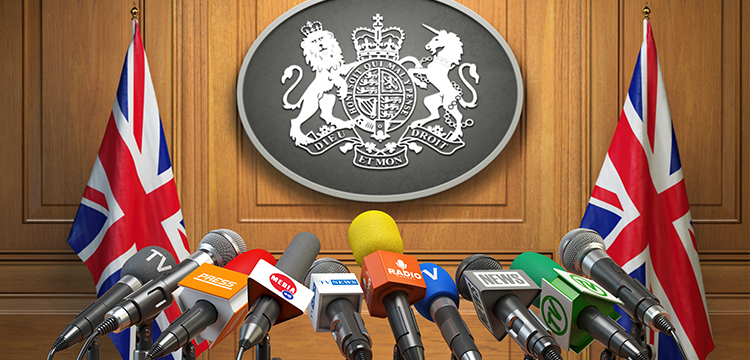This has been another challenging week for the government. A well publicised spat between Westminster and Greater Manchester, and track and trace, once heralded as a 'world-class' system, saw its performance deteriorate during the week. The target is that 80% of all those who have come into contact with someone who tests positive for Covid should be contacted and advised to self-isolate. The percentage actually contacted was less than 60%, lower than the week before. The government is also under pretty constant pressure to provide more help to struggling businesses and individuals and is additionally under scrutiny after MPs voted not to extend free school meals to qualifying children into the Easter holidays, in the process falling out with the well-known footballer Marcus Rashford, who was recently recognised with an MBE: the politics of that particular fallout are shall we say unhelpful.
It is difficult not to conclude that the pressure has told on the government and is in part behind the announcement made by Chancellor Rishi Sunak later in the week to extend the support measures offered by them to struggling businesses. Shortly after announcing them to Parliament, the Chancellor appeared beside Boris Johnson to present them to the nation: it was the Prime Minister's second Downing Street press conference in four days, something that has not happened since the peak of the pandemic six months ago. That fact alone suggests that there had been some hurried policy development going on in response to the increased levels of criticism coming the government’s way after the very public spat with Andy Burnham.
There are three main elements to the measures announced. One element is a change to the existing Job Support Scheme. In a loosening of the conditions and an increase in the support provided by government, to qualify for support employees will now only have to work for one day a week. The government will pick up a chunk of the bill for the rest of the employee's normal hours not worked with employers having to pick up just 5% of the wages for the unworked hours (it was 33% previously). The end result of this is that for those employees who just work the one day per week and do not work for the other four days, then the government will pay 49% of wages whilst the employee will see a wage drop of 27%: not insignificant but certainly a big improvement on the alternative of being unemployed. The self-employed will also benefit and qualifying individuals will now be eligible for support based on 40% of their pre-pandemic profits (previously it was 20%). This will be in the form of two quarterly grants. The first of these will be capped at £3,750 in total whilst levels for the second have not yet been set and will be decided on, to use the classic language of bureaucracy, 'in due course'.
The other significant announcement concerns a grant of £2,100 that has been announced which is backdated to April. This is focused primarily on businesses in the hospitality, accommodation and leisure industries and is for qualifying organisations in Tier 2 'high risk' areas. Some have suggested that such businesses currently in 'Tier 2' are currently suffering the worst of all worlds; able to stay open but only at very reduced levels of activity which could in some cases make them economically non-viable. It is estimated by the government that 150,000 businesses could benefit from this new grant. Time alone will tell if this will reduce levels of criticism directed at the government or not; but according to some commentators the perception that Mr Sunak is someone who is prepared to listen and act generously when the occasion demands may be good for his own political career but not necessarily so for the Prime Minister. Time alone will tell on that particular issue too.
Wayne Bartlett is an author for accountingcpd. To see his courses, click here.

You need to sign in or register before you can add a contribution.